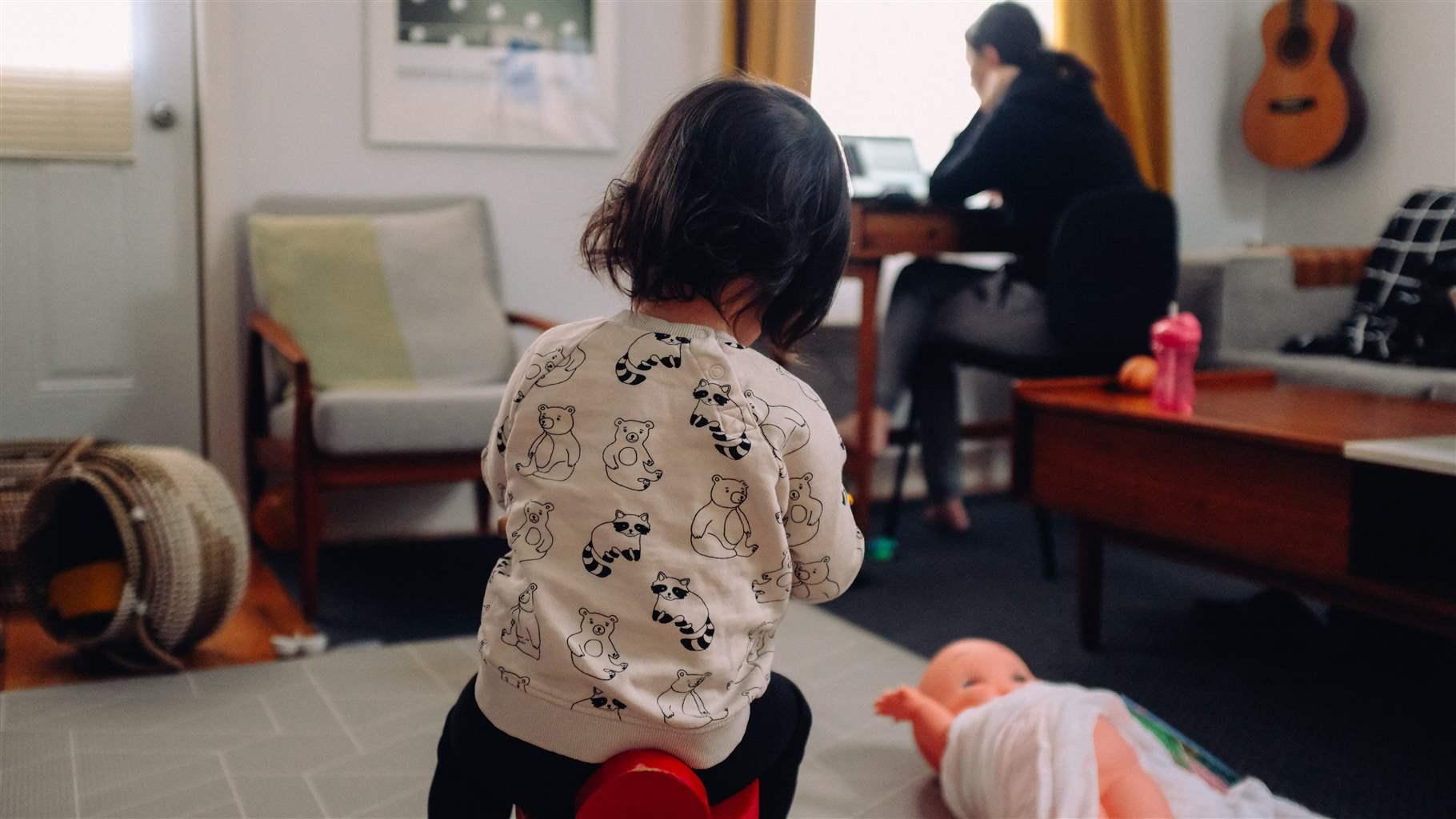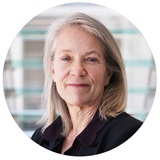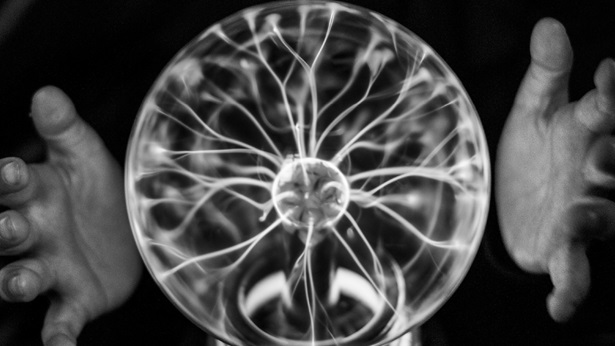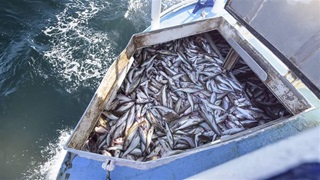Reflections on a Year at Home

There are many reasons to mark the passage of a year. Birthdays. Holidays. Anniversaries. But the COVID-19 pandemic set the stage for a unique milestone that few saw coming: one year “at home.”
At The Pew Charitable Trusts, most of us have been away from our offices and colleagues for a year. During that time, I’ve seen—and lived—many of the ups and downs that others have faced as we abruptly left our professional routines, colleagues, and communities. Initially, I thought it might be just a few weeks before we came back. But as the weeks and months dragged on, we’ve all had to absorb new lessons, create new schedules, and adapt to modified ways of working, communicating, and living.
As I reflect on this past year, I’ve tried to focus on the positives: First and foremost, our communities have been supported by vital health care workers who have given of themselves time and time again, confronting the waves of infections and caring for people who had to be alone in a time of great fear and illness. So, too, have we been helped by other front-line workers—those we’ve relied upon in grocery stores, delivery jobs, and many other professions, who have kept us afloat during these difficult days.
Then there are the pluses that relate to what we’ve learned working from home.
Some of us now recognize the clarity of mind that can come in an office, without the distraction of dishes, laundry, or family demands. Others have felt relief from a long commute. And many of us have felt a renewed appreciation for our organizational sense of family and culture—that invisible current that runs through Pew, providing a sense of mission, value, and recognition through personal connection. I’m grateful for these elements.
Yet there has also been grief—from the illness and loss of a family member or a friend, unemployment, and isolation. We’ve all seen colleagues struggling at times, trying to balance the demands of caring for others, increased stress, and professional duties. Despite how hard we’ve tried to be everything to everyone, the blur of responsibility and impersonal technology has left us feeling torn, distracted, and impatient.
The pandemic is not the only challenge we’ve faced, though it alone would have been enough to test us. In the United States, we also experienced heartbreak watching the death of George Floyd, whose death tragically reminded us of all those who have lost their lives to bigotry and racism. In reaction, we may have watched or participated in protests, reconsidered our own histories and perceptions, and began to identify ways to build a better future—one that examines, recognizes, and addresses systemic racism and, by doing so, will create a more inclusive, diverse, and equitable society.
But of course, our year of intensity did not stop there. The unacceptable violence and bigotry of Jan. 6 made it clear that America’s need for introspection, renewal, and practical change had become urgent. Political polarization has been with us for a long time, as my colleagues at the Pew Research Center have documented, but it does not mean that we have to accept it as a permanent norm.
I won’t downplay the difficulties, but I believe that Pew has a critical role to play in helping people understand the value of building bridges across groups, issues, and regions to get things done and help our country grow. To me, that means hearing others’ views—even when we disagree with them—finding pragmatic solutions based on facts and evidence, and advancing bipartisan paths to help the public.
That is the challenge of this time, but it’s also an immense opportunity and one that I feel proud to lead when the moment demands it.
Where will we be a year from now? If this past year has taught us anything, it’s that the future will test us in unexpected ways, but I’m optimistic about the days ahead. We know we are resilient. Thanks to the extraordinary work of the biomedical science community, we now have vaccines in distribution, and lives are being saved. As the coronavirus recedes and our world becomes safer, we can look forward with renewed appreciation to rituals that we have previously treasured—celebrations large and small with family, friends, and co-workers. And as we wait —yes, just for a bit longer—we will work together toward better days.
Susan K. Urahn is president and chief executive officer of The Pew Charitable Trusts.









